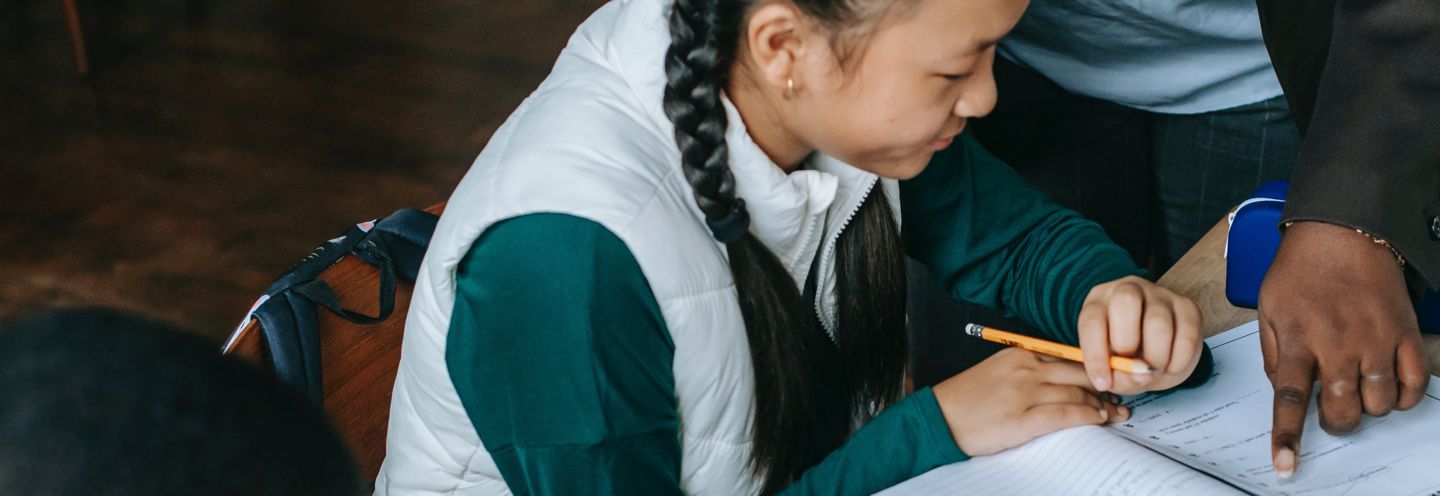Teacher Resources | 386 Results

The That’s Not Me tutorial focuses on the role that mainstream media play in shaping our perceptions about diversity. The tutorial explores what we see – and what we don’t see – on TV and in

This lesson helps students become more aware of the media's role in determining what, and who, are perceived as being cool.

This lesson introduces students to the phenomenon of the“blockbuster” movie – its history,characteristics and influences. Students will also explore the role of audience in the creation of a “

This lesson begins with a brief history of citizen journalism and a discussion of just what it is.

In this lesson, students identify the differences between TV families and real families by analyzing the conventions used by TV shows; and by comparing the problems and actions of television families

This lesson begins by helping students to identify and understand the different aspects of news outlets. Using these skills, students will then collect and identify news stories and categorize them

In this lesson, students look at how gender stereotyping may discourage young women from becoming involved in politics.

Students are introduced to Internet search skills through researching a personal hero. By focusing on the early parts of the research process, students learn to select well-defined topics, ask

This is the third of three lessons that address gender stereotypes. The objective of these lessons is to encourage students to develop their own critical intelligence with regard to culturally

In this lesson, students examine a fictional social network profile to learn how online platforms collect data about their users. They then read an article that explains how platforms use this data

